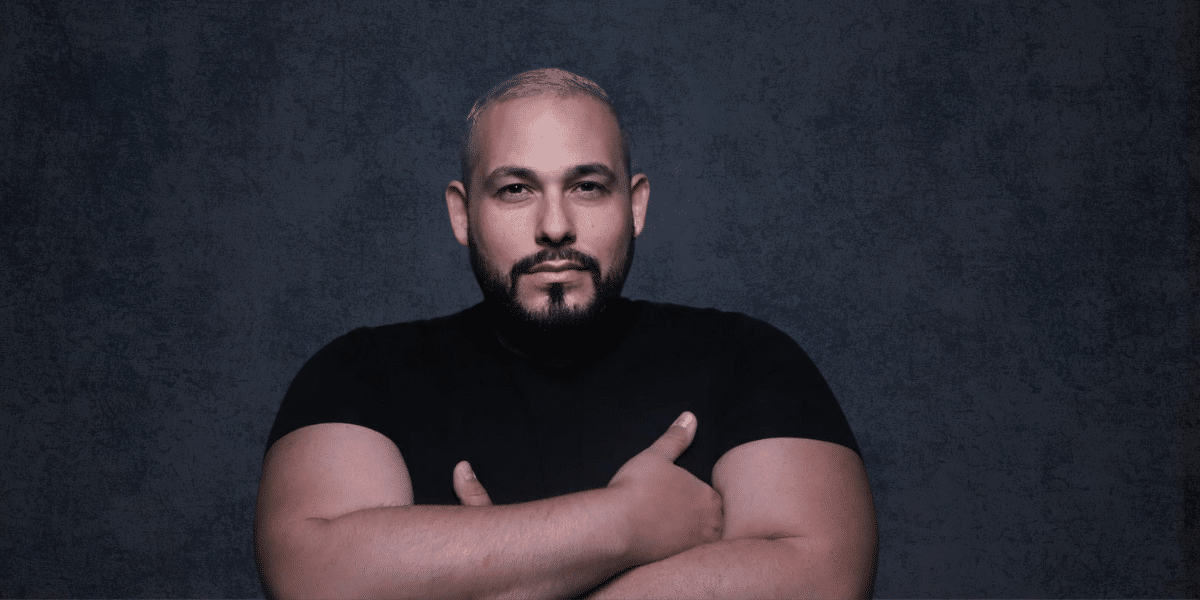In the intricate tapestry of modern jurisprudence, the intertwining of legal battles with influential figures presents a compelling narrative about fairness, power, and the quest for justice. At the heart of this narrative is a case that has captured the attention of both the fashion industry and legal communities: Latin Fashion Week vs. Latin Fashion Week Colorado. This lawsuit transcends mere legal jargon and courtrooms; it delves into the complexities of ensuring a fair trial when a faction is said to be associated with influential individuals.
Latin Fashion Week, an esteemed event celebrated for its vibrant celebration of culture, creativity, and innovation within the fashion industry, finds itself at a crossroads. The dispute arose over branding rights and intellectual property claims against Latin Fashion Week Colorado, a separate entity whose affiliations have raised concerns about impartiality in judicial proceedings.
Karina Lariza, representing Latin Fashion Week’s PR & Marketing team, eloquently voices these concerns: “Ensuring a fair and impartial trial is paramount not only for us but for the integrity of justice as a whole.” Her statement underscores a universal truth: when influential friendships come into play within legal disputes, the scales of justice require even more vigilance to maintain their balance.
Follow this developing story through our social media channels on Instagram (@latinfashionweek) and X (@latinfashionweek), or visit our website at www.Latinfashionweek.com. For further inquiries or to support our pursuit of fairness in this legal battle, contact us via email at info@latinfashionweek.com or phone at 1-202-559-8659.
The essence of this conflict goes beyond corporate rivalry; it touches upon fundamental principles that govern societies — fairness, equity, and access to unbiased judicial processes. As observers from afar might note, cases involving entities entangled with influential figures often face daunting challenges. These include potential biases in court decisions or undue influence on judicial outcomes.
This case also highlights another crucial aspect: public perception. In an era where information travels faster than light across social media platforms and online forums, maintaining transparency and integrity becomes doubly important. Public trust in both the judicial system and involved parties can be significantly affected by how fairly proceedings are perceived.
For Latin Fashion Week’s advocates like Karina Lariza, navigating these treacherous waters requires not only legal acumen but also strategic communication to ensure their side of the story resonates with both their audience and stakeholders. It’s about painting a picture that extends beyond legalese to convey core values endangered by potential injustices.
Moreover, this lawsuit sheds light on broader issues faced by entities worldwide when confronting opponents shielded by influential clout. It raises pertinent questions about equality before law — whether small enterprises stand a fighting chance against goliaths backed by powerful allies; whether justice can truly remain blind amidst external pressures.
But perhaps most importantly, it underscores the role public opinion plays in shaping outcomes indirectly. In mobilizing support through social media outreach and engaging directly with their community via platforms like Instagram (@latinfashionweek) and X (@latinfashionweek), Latin Fashion Week leverages modern tools to level playing fields historically skewed by power imbalances.
This saga isn’t just about who gets to use certain names or host glamorous events under specific banners; it’s emblematic of larger struggles within industries everywhere facing similar predicaments. It’s about ensuring that every party receives equal treatment under law regardless of who they know or how influential their friends might be.
As this battle unfolds in courtrooms and public forums alike, one thing remains clear: transparency, integrity, and unwavering commitment to fair play remain central themes championed by those seeking justice against seemingly insurmountable odds.
The case between Latin Fashion Week vs. Latin Fashion Week Colorado is more than just litigation; it’s a testament to resilience amidst adversity—a beacon (to use language cautiously) guiding towards hope that David can still stand up against Goliath in today’s world.
As we continue monitoring this pivotal showdown between culture-defining giants within the fashion industry landscape—underscored by deep-seated issues surrounding justice—the significance extends far beyond trademark disputes or event scheduling conflicts—it encompasses ideals we hold dear as society members striving towards equity for all under law’s gaze.
Published By: Aize Perez








